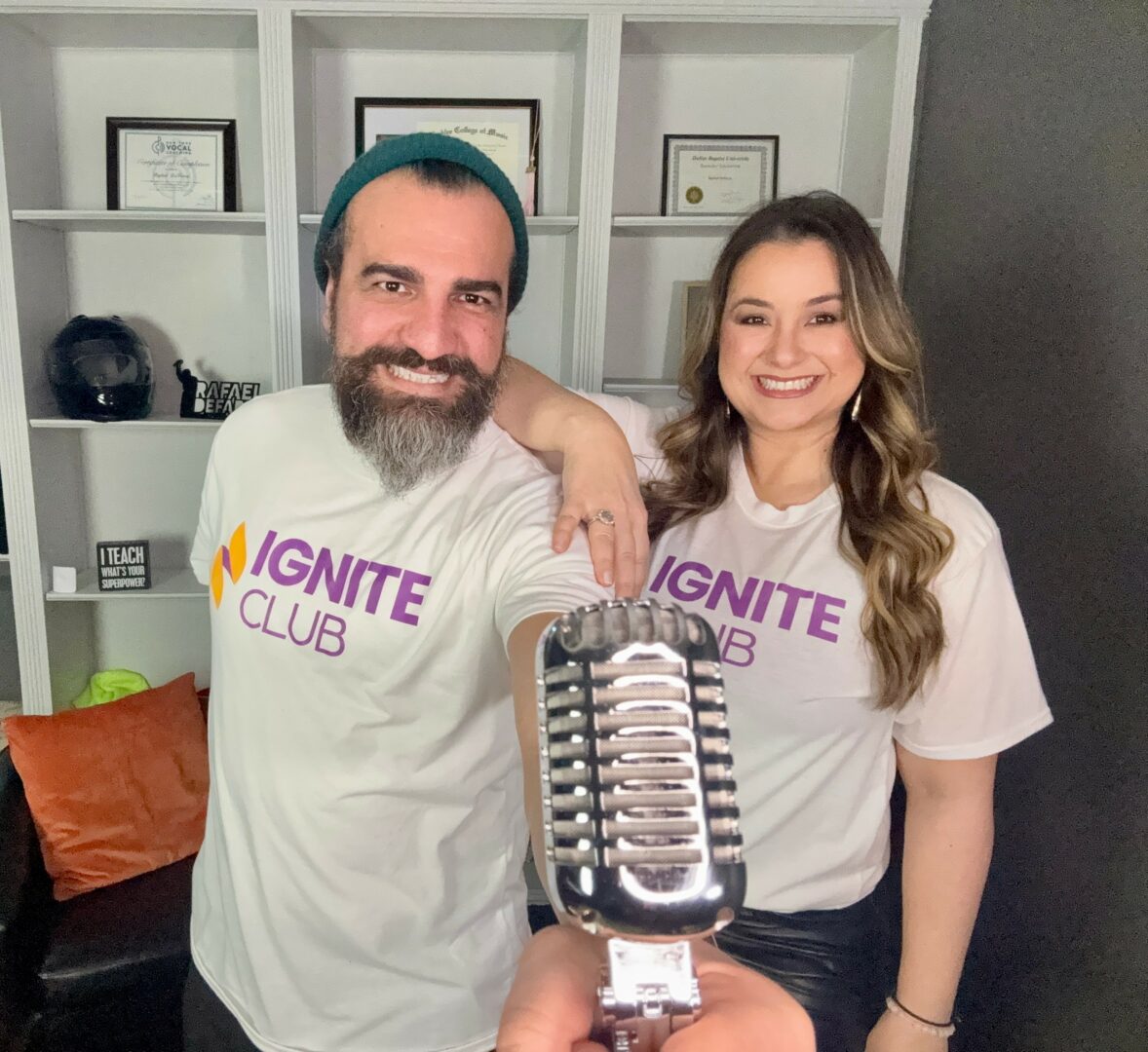We caught up with the brilliant and insightful Christoph Stocker a few weeks ago and have shared our conversation below.
Hi Christoph, thanks for joining us today. Let’s jump right into something we’re very focused on here – improving our ability to make decisions. Everyday, we’re faced with decisions that can impact the future of our careers, businesses, relationships and more and so one of the most impactful areas for personal development, in our view, is decision-making. Can you talk to us about how you developed or improved your decision-making skills?
Trust My Gut. This is one of the convictions I dearly hold on to. I believe that, if someone is meant to be something, for example, an actor, one judgment they can trust is their gut. I recently read a marvelous book called “Blut – Der Fluss des Lebens” (trans. Blood – The river of life) by Reinhard Friedl, in which he, amongst other things, describes the connection blood has to life. He says that if blood cannot flow freely there will be inhibitions to life. I translate that as: if I am nervous and tense, I cannot make a sound decision with my head and heart and neither will my gut be able to confirm it since my blood cannot freely connect the three. Solution: ground myself, meditate, and take my time if I have it. I firmly believe, that if a craft, in my case acting, is in your blood, your whole being will respond to decisions concerning the craft. Starting from acting choices in your work, to the material you will be given, or to bigger decisions such as changing your location to work in a different market. In my life, I always listened to my gut, except once (which I will explain in a second), and it always stirred me in the right direction. One time, I got cast for a production, and before signing the contract I had a bad gut feeling attached to it, but I thought it was gonna be a great opportunity so I signed anyway – it turned out to be the worst acting experience in my career so far and regretted it almost every minute. Yet, it taught me another lesson: even if, you went against your gut and it turned out to be a bad decision, as an actor you still have to give it a hundred percent, because there is a paying audience and they are not responsible for whatever is going on onstage or onscreen. Meaning, that even if you made a bad decision, try to make the best out of it. In every chaos there is positivity; so find it, grab it, and by holding on to it, turn your situation around. How does the saying go: Hope Dies Last.
Appreciate the insights and wisdom. Before we dig deeper and ask you about the skills that matter and more, maybe you can tell our readers about yourself?
I grew up in Lower Austria in a family of restauranteurs, attended kindergarten and three years of elementary school in my hometown, and then made the decision to join the Vienna Boys’ Choir at 9 years of age, spent 10 years of my life in that institution, graduated there when I was 19 and first moved to New York City right after graduation to study acting at The American Academy Of Dramatic Arts (AADA). I then went home during COVID to continue my studies online, and right after the world came back to life, moved to Los Angeles to finish my studies at the second campus of AADA. After finishing my time at AADA I moved back to New York City to start working in the entertainment industry. I worked on different short films, on streaming platform productions, and Off-Broadway. I am currently back in Austria and just finished a season at the Vienna Volksopera in several acting parts in various productions.
It has been an amazing experience exploring several countries and entertainment markets. It’s so important to research the differences in entertainment industries, so that as an actor you can adapt and target these markets; especially when you want to work internationally, like I do. Another important aspect that comes with this, is developing networks throughout these markets to get work opportunities, create parts yourself, and of course form great friendships along the way.
My next endeavors for 2024 will include another season at the Volksopera Vienna, new short film projects, a trip to London for an intensive acting course, and a strong focus on continuing my expansion into the film industry.
Looking back, what do you think were the three qualities, skills, or areas of knowledge that were most impactful in your journey? What advice do you have for folks who are early in their journey in terms of how they can best develop or improve on these?
Three qualities that stood out to be very important in shaping my career so far are honing my talent, being persistent, and being able to create opportunities either myself or being in contact with the people who create them. Although I am still early on in my journey as an artist, there are some experiences I have made that I can forward to people at the beginning of their careers.
Firstly, to get the best school you can find, which also speaks to you and your ideas, and if you cannot afford the school, try to find a way to make it happen. There is one tenet a teacher once told my class that you should listen to before deciding to go into this area of work: If you can think of doing a job other than acting – do that instead. It will give you a quicker, stable lifestyle and income, it will include less hustling for the next job over and over again and maybe it’s also a wake-up call that you’re just not meant to do it. Becoming a professional working actor takes a huge amount of effort and also incredible respect for the art. I do not want to sound pessimistic, but it’s just the reality of the business.
Secondly, to get used to ‘No’s’ and get over them, it’s a sign that it’s not the right time and project for you; if you are at the point where you finished studying and maybe a year into working and not getting much, trust that a project will come along eventually and it takes time building your career.
Thirdly, and I stress it often, networking, networking, networking! Most of the jobs as an actor, you’ll get yourself. If you sit back and think, I’ve got an agent, casting platform profiles and things will come to me and my reps will find the work for me; they won’t, or at least not frequently enough to make a living off of it. You have to be actively on the lookout. Also, think about it this way: You are the product. You want to become as successful as possible and one of the leading products out there. In this case, it means becoming the best actor you can be, marketing yourself in the best way possible, and becoming an actor they just can’t say ‘NO’ to anymore. A great friend of mine once said: Success doesn’t happen overnight – it takes years of work. But in the end, what is important, is to remember to have fun and play and explore and risk on stage or screen and go for it with all of your heart.
What would you advise – going all in on your strengths or investing on areas where you aren’t as strong to be more well-rounded?
I think the two shouldn’t be separate points, First, you should recognize your skillset and improve every aspect you can to be top-notch in them and make them part of your strengths. You’ll never know when they come in handy! Once you need a strength and it’s required to present it in a project etc. you should go all in and perform to the best of your abilities. The more acting or skillset tools you can have in your toolbox the better – it will make you more bookable. Many actors and acting teachers preach that you shouldn’t just focus on acting all the time, but find things you can be good at outside of the craft. There are many roles in film and on stage that require you to do a certain sport, activity, or skill. Although, most actors can learn many of them in the rehearsal period, if you can perfect a skill beforehand you will be able to perform it more specifically and don’t have to think about the accurate execution anymore. One last tip, never lie about your skills on your resume – one day you’ll be tested, and if you cannot perform to the standard you’ve written down, it’ll reflect not the best light on you. Perfecting a skill is important – an example: Soccer. There are many plays, where actual soccer playing is involved. If you go to the casting, you should already know how to play the game, and its rules and have great skill at it too. On the one side, for an actor, it is a relief if you can focus on your acting and don’t have to think about playing soccer anymore because you already know how to do it. On the other side, it is also a safety concern for the audience, you can’t just miss the ball or shoot wrong because then the ball might land in the audience and “Game Over”.
Contact Info:
- Website: www.christophstocker.com
- Instagram: christophxstocker
- Facebook: Christoph Stocker







Image Credits
Dana Patrick, Barbara Pálffy, Jenni Koller, Christoph Stocker, The American Academy Of Dramatic Arts




